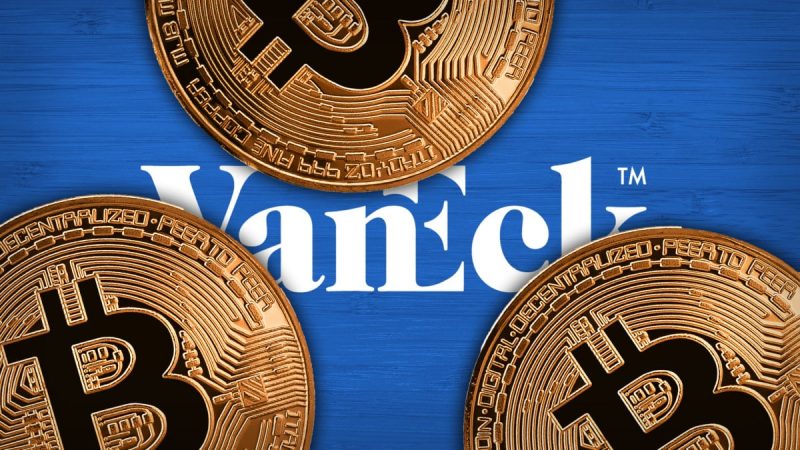In December 2024, Matthew Sigel, Head of Digital Assets Research at VanEck, proposed an ambitious strategy for addressing the U.S. national debt: the creation of a Strategic Bitcoin Reserve. His analysis suggests that if the U.S. Treasury acquires 1 million bitcoins over five years, it could significantly mitigate national debt, aligning with the BITCOIN Act introduced by Senator Cynthia Lummis. Under certain conditions, Sigel estimates this reserve could offset up to $42.4 trillion of national debt by 2049.
Key Assumptions Behind the Proposal
The analysis is based on specific financial projections:
- National Debt Growth: Starting at $37 trillion in 2025, the U.S. national debt is expected to grow 5% annually, reaching $119.3 trillion by 2049.
- Bitcoin Price Appreciation: Bitcoin is projected to start at $200,000 in 2025 and grow at a 25% compound annual growth rate (CAGR), reaching approximately $42.3 million per BTC by 2049.
- Debt Offset Potential: Under these conditions, the Bitcoin reserve would equate to about 35% of the projected national debt in 2049.
Funding the Bitcoin Reserve Without Taxpayer Burden
To finance this acquisition without printing more money or increasing taxpayer burdens, the proposal outlines several strategies:
- Reallocating Seized Bitcoin: The U.S. government currently holds approximately 198,000 bitcoins from asset forfeitures.
- Revaluing Gold Reserves: Adjusting the valuation of gold certificates could unlock around $693 billion in unrealized capital.
- Utilizing the Exchange Stabilization Fund: The Treasury Secretary could deploy the $49.7 billion Exchange Stabilization Fund for strategic asset purchases.
The Debate: Potential Risks and Challenges
While the proposal highlights significant potential benefits, it has also sparked debate among financial experts and policymakers.
Concerns include:
- Bitcoin’s Volatility: The cryptocurrency market is known for extreme price fluctuations, raising concerns about the stability of national reserves.
- Impact on the U.S. Dollar: A Bitcoin reserve could shift global confidence in the U.S. dollar, potentially disrupting financial stability.
- Regulatory and Market Implications: A government-controlled Bitcoin reserve could influence market dynamics and reduce regulatory flexibility.
As of February 2025, the idea of a U.S. Strategic Bitcoin Reserve remains under discussion, with policymakers and financial analysts weighing its feasibility. While VanEck’s research presents a bold vision for leveraging Bitcoin’s potential, the long-term economic and regulatory implications are still under intense scrutiny.
